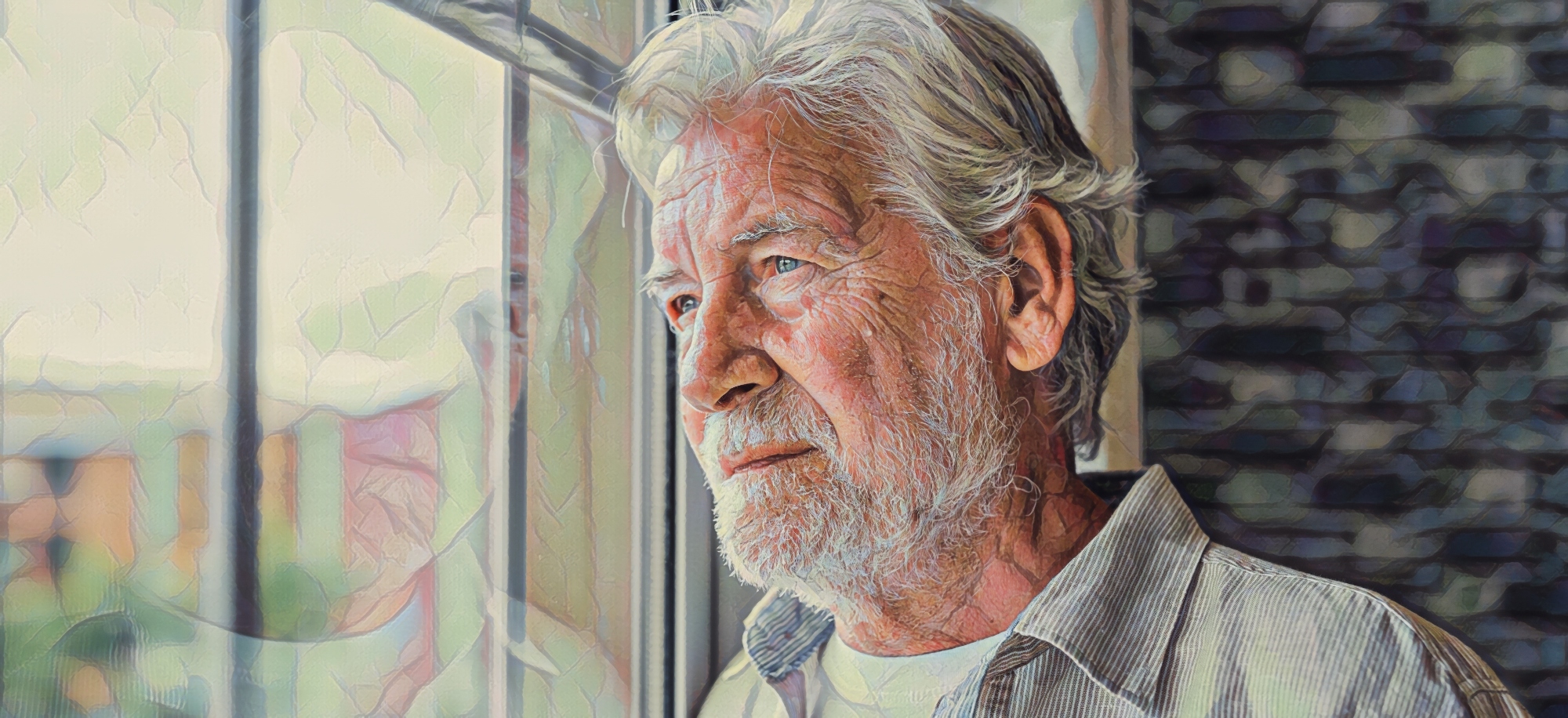
In June we celebrate Father’s Day, a day set aside to honor our fathers, grandfathers, and father figures – both living and deceased. It can be a very painful day for fathers who are grieving the loss of a child or grandchild from suicide. It is also a painful day for those who are grieving the loss of a father or a grandfather from suicide. The holiday highlights how much we miss them.
I believe it is important the day is observed, and the void is addressed, and we not pretend everything is the same. It is not and it never will be. The suicide of your loved one has permanently altered the family system and that system will never be the same again. Rituals are a healthy way to address the fact that this key person in the lives of family members is gone. The ritual can be a prayer or a lighted candle or a favorite song of the departed one.
The purpose of the ritual is to make this dearly loved one present in a different form. Your loved one has departed from the earthly scene. They are still a part of the family but in a different form of presence. I believe that a tragedy worse than this person’s suicide is if this person were to be forgotten. As long as there are rituals performed in your loved one’s memory, that person remains a part of the family – albeit in a different type of presence. We never want to forget our loved ones who have departed from this world.
I am sometimes asked if there is anything positive that can come from losing a loved one to suicide? I do believe there can be some positive results from such an experience. I am not talking about a “silver lining” coming from losing a loved one to suicide. Each survivor needs to ask themselves just what good can come from this excruciating and painful experience. What can a survivor learn from this devastating loss? That is the crucial question that needs to be asked. Can the survivor become a better person or a more thoughtful person? Can they make a difference? What lessons are to be learned?
Obviously, survivors must first get through the initial stages of the grief journey and resolve that this loved one found life too painful to endure. That is one of the most painful parts of the grief journey. That part of the grief journey takes a lot of time and energy.
At some point, most survivors recognize that the ultimate goal of the grief journey is not necessarily a return to happiness, though that can happen eventually if the grief journey is successfully traversed. Suicide loss offers us the opportunity to respond to a call to holiness. I do not mean this in a religious sense — but in the sense that survivors look upon life as a series of events that are sometimes positive and sometimes negative.
The challenge for survivors is to see how this completed suicide can be redeemed into something sacred so that the memories of the loved one have a positive and lasting effect on the world.
Some survivors have formed foundations in memory of their loved ones. The money from the foundation is used to further causes involving mental illness or other issues that are dear to the survivors. There is a myriad of opportunities to foster awareness about depression or support services that assist the survivors of a completed suicide.
I believe that actions to memorialize our loved ones are transformational in that the pain resulting from the suicide can be transformed and redeemed into something positive.
Will such efforts result in happiness? I do not know if that is the right question to ask. I think the right question to ask is: will these efforts cause some change in society that makes a difference? If that is the sought-after result, then there can be a sense of satisfaction and contentment that a loved one has not died in vain. The efforts of the survivors have resulted in something positive to the world. What a great gift to offer in memory of a loved one.
As always, I want to assure all loss survivors of my thoughts and prayers on a regular basis during my quiet time. This will be done especially on Father’s Day. I encourage each one of you to do the same for each other – especially for those who are new to loss.
Keep On Keepin’ On,
Charles T. Rubey




